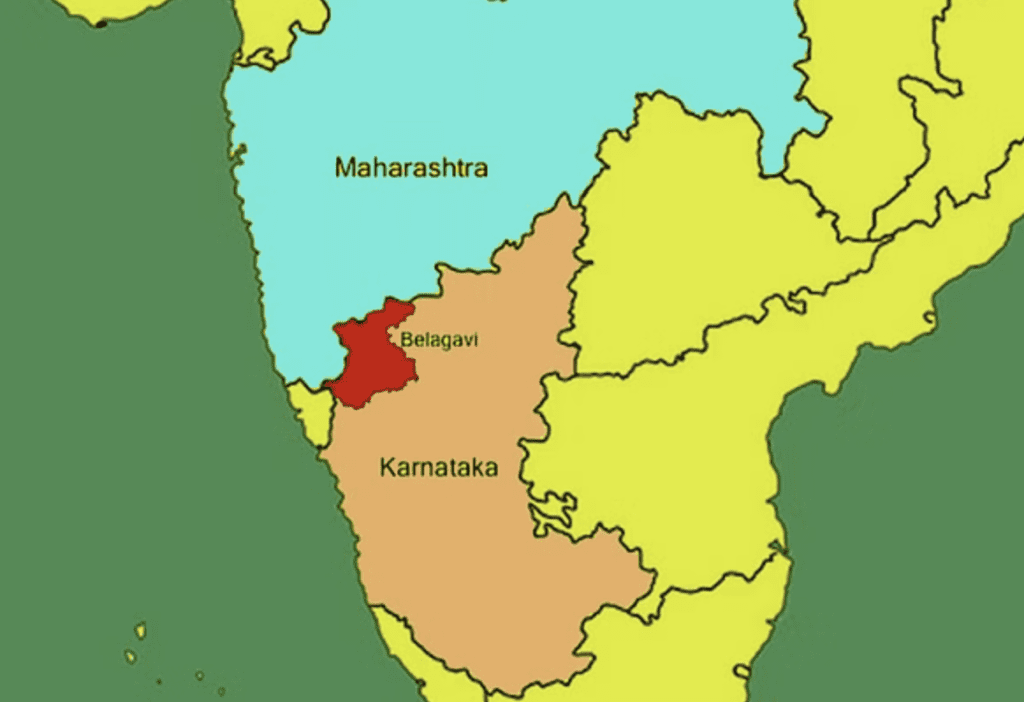Maharashtra-Karnataka Border Dispute: A quick look

Maharashtra-Karnataka Border Dispute: A quick look
The ongoing conflict between Maharashtra and Karnataka over their shared border is escalating, as both states have formally committed to pursuing legal action in order to find a resolution. Both states have passed unanimous resolutions in support of pursuing a legal battle to resolve the dispute, which has been a source of tension between the two states for several decades.
Understanding the Maharashtra-Karnataka Border Dispute
The border dispute between Maharashtra and Karnataka over the towns of Belagavi, Karwar, and Nipani in North Karnataka has been ongoing for several decades.
The dispute dates back to the States Reorganisation Act of 1956, which redrew state boundaries based on linguistic lines and resulted in Belagavi becoming part of the state of Karnataka.
However, Maharashtra has claimed that parts of Belagavi, where Marathi is the dominant language, should remain within its borders.
In an effort to resolve the dispute, the Mahajan Commission was established by the central government in 1966, led by former Chief Justice of India Mehr Chand Mahajan.
The Commission recommended that Belgaum and 247 villages should remain with Karnataka, but this recommendation was rejected by Maharashtra.
The dispute was eventually brought to the Supreme Court in 2004
What is the rationale behind Maharashtra’s claim ?
Maharashtra has argued for readjusting the border based on contiguity, linguistic majority, and the desires of the people.
It has claimed Belagavi and surrounding areas due to the dominance of Marathi-speaking people and linguistic homogeneity, and it has claimed Karwar and Supa, where Konkani is spoken, by stating that Konkani is a dialect of Marathi.
Its argument is based on the theory that villages are the unit of calculation and on the enumeration of linguistic populations in each village.
Maharashtra also cites the historical fact that revenue records in these Marathi-speaking areas are kept in Marathi.“
What is Karnataka’s stand ?
Karnataka has maintained that the settlement of state boundaries under the States Reorganisation Act is final and not open to reconsideration.
It argues that the border is not tentative or flexible and that revisiting the issue could lead to the reopening of border disputes that were not addressed in the Act.
Karnataka asserts that such a demand should not be allowed.
Mechanism available to resolve the Border dispute
- Inter-State Council
- Article 263 of Constitution grants power to President to establish an Inter-state Council to resolve disputes between states.
- The Council act as a forum for discussion between states and the central government.
- In 1988, the Sarkaria Commission recommended that the Council should be a permanent body, and it was officially established through a Presidential Order in 1990.
- Judicial intervention
- The Supreme Court has the power to decide disputes between states in its original jurisdiction, as outlined in Article 131 of the Constitution.
- This includes disputes between the Government of India and one or more states, between the Government of India and any individual state, and between two or more states


No Comment! Be the first one.